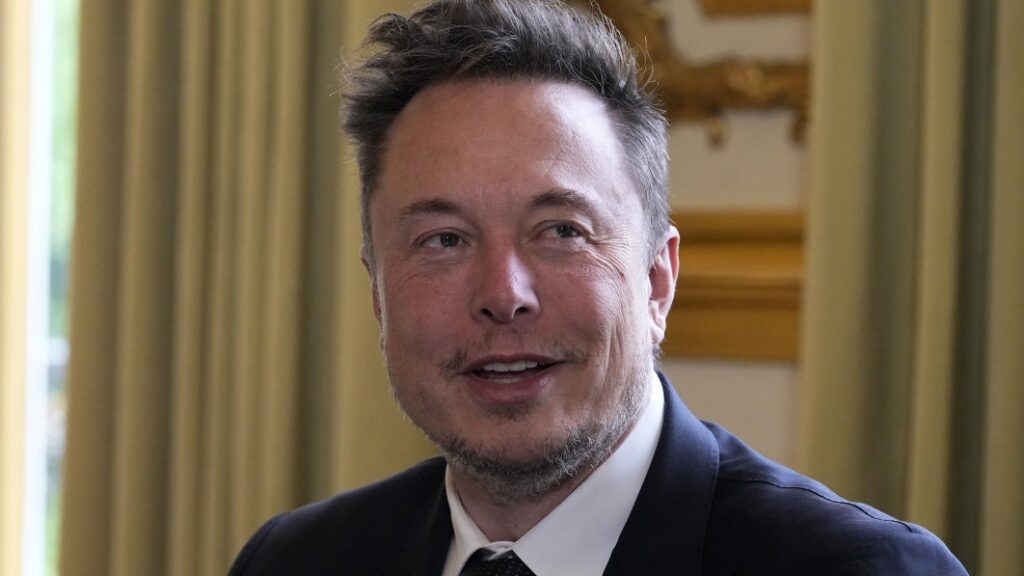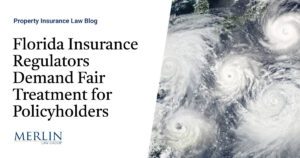Elon Musk to seek Supreme Court appeal of SEC 'funding secured' case

NEW YORK — Elon Musk plans to ask the U.S. Supreme Court to consider whether the Securities and Exchange Commission overstepped its authority in enforcing a consent decree that he has called a “muzzle” on his free speech.
Musk would be appealing a decision by the 2nd U.S. Circuit of Appeals in Manhattan to uphold the decree, which arose from his August 2018 tweet that he had “funding secured” to take his electric car company Tesla (TSLA) private.
A three-judge panel rejected Musk’s claim that the SEC, which accused the billionaire of defrauding investors, exploited the decree to conduct harassing investigations into his use of Twitter, which he now owns and this week renamed X.
In an order on Monday, the appeals court denied Musk’s request that the panel or all 13 active judges revisit the case.
Alex Spiro, a lawyer for Musk, confirmed on Tuesday that Musk plans an appeal to the Supreme Court.
Settlement
The consent decree was part of a settlement where Musk and Tesla each paid $20 million fines, Musk gave up his role as Tesla’s chairman, and Musk agreed to let a Tesla lawyer approve some tweets in advance.
In its May 15 decision, the appeals court panel said Musk could not revisit the screening of tweets because he had “changed his mind.”
But lawyers for the Tesla CEO said the SEC had no right to impose an unconstitutional “gag rule” as a condition of settling.
The decision “posits that Mr. Musk either had to forego a settlement with the SEC or give up his right to challenge the constitutionality of the SEC’s demands,” the lawyers wrote last month. “Supreme Court law holds otherwise.”
Last week, the federal appeals court in New Orleans agreed to reconsider its March decision that Musk violated federal labor law by tweeting in May 2018 that Tesla employees would lose stock options if they joined a union.
The Supreme Court typically hears oral arguments in about 70 of the approximately 5,000 cases it reviews each year.
The case is SEC v Musk, 2nd U.S. Circuit Court of Appeals, No. 22-1291.



